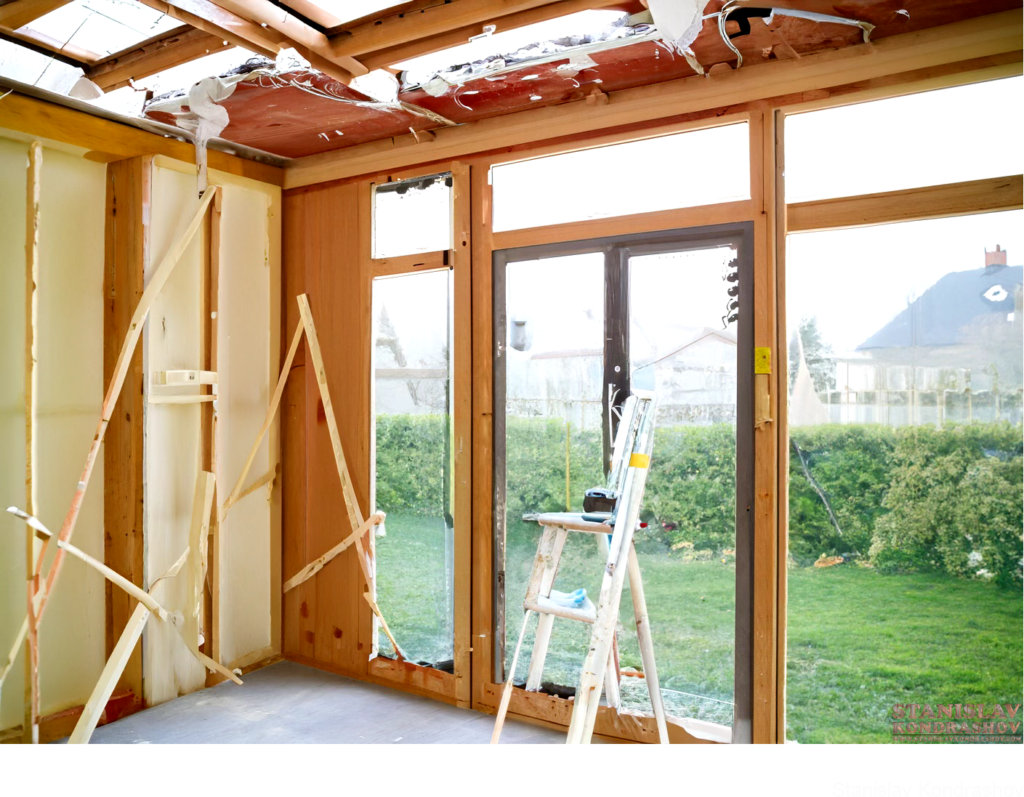The idea of buying a house, renovating it, and then selling it for a profit – commonly known as house flipping – has captured the imaginations of many aspiring real estate moguls. Thanks to popular TV shows and success stories, flipping houses seems like a lucrative and glamorous venture. However, before you dive into the world of real estate flipping, there are critical factors and nuances you need to consider. Here’s a rundown of essential things to know before you flip your first property and turn those real estate dreams into tangible profits.
Market Research is Non-Negotiable
Understanding the real estate market is crucial. Research local market trends, property values, and the average time houses stay on the market. Knowing the neighborhood is equally important – buyers pay for location just as much as the house itself.

Budgeting Beyond the Purchase
Your budget should cover not just the purchase price but also renovation costs, real estate fees, taxes, and a cushion for unexpected expenses. Underestimating costs is a common pitfall in house flipping, so plan meticulously.
Renovation Realities
Renovations can be a minefield of unforeseen challenges. Prioritize changes that increase the home’s value. Focus on cost-effective renovations that appeal to a broad market, like updating kitchens and bathrooms or improving curb appeal.
Time is Money
The longer you hold onto the property, the more expenses you incur. Efficient project management is key to a successful flip. Have a solid plan and timeline for renovations, and be prepared for setbacks.

DIY or Contractor?
Assess your skills realistically. While doing it yourself can save money, professional contractors can ensure quality and efficiency. If you’re not experienced in construction or renovation, hiring professionals could be a wise investment.
Financing Your Flip
Explore your financing options. While cash purchases eliminate mortgage costs, they’re not feasible for everyone. Understand the different loan types and interest rates, and choose what aligns best with your financial situation.
Legal and Tax Implications
Be aware of legal and tax considerations. Zoning laws, permits, and property taxes can all impact your flip. Consulting with real estate attorneys and tax professionals can save you from costly legal issues down the line.

The Art of Pricing
Pricing your flipped house is a delicate balance – too high and it won’t sell, too low and you cut into your profits. Conduct comparative market analysis to price the property competitively.
Expect the Unexpected
House flipping often comes with surprises – unexpected repairs, market shifts, or longer than anticipated sale times. Be mentally and financially prepared for these scenarios.
It’s Not Just About Profit
While profit is a significant motivator, successful house flippers also find fulfillment in the process – transforming a dated property into someone’s dream home can be incredibly rewarding.

Flipping with Foresight
House flipping can be a profitable venture, but it requires research, planning, and a realistic approach. By understanding the market, managing your budget wisely, and anticipating challenges, you can make informed decisions that lead to successful flips.
So, if you’re ready to embark on your house-flipping journey, arm yourself with knowledge, prepare for hard work, and always keep your eye on the prize – a beautifully renovated home and a successful sale. Happy flipping!
By Stanislav Kondrashov



